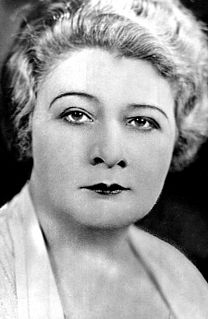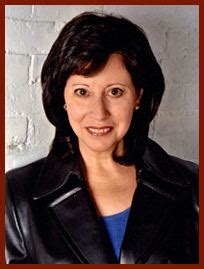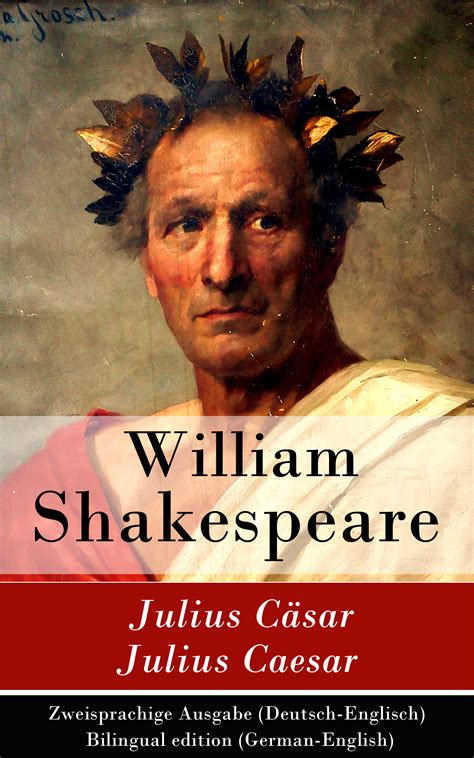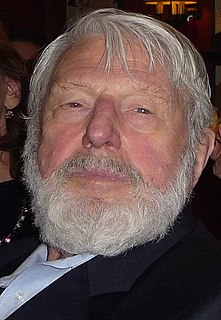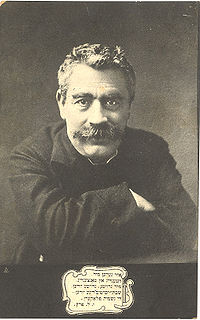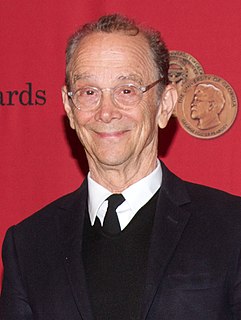A Quote by Isaac Bashevis Singer
There is a quiet humor in Yiddish and a gratitude for every day of life, every crumb of success, each encounter of love... In a figurative way, Yiddish is the wise and humble language of us all, the idiom of a frightened and hopeful humanity.
Related Quotes
Even though I loved the song [My Yiddish Momme] and it was a sensational hit every time I sang it, I was always careful to use it only when I knew the majority of the house would understand Yiddish. However, you didn't have to be a Jew to be moved by 'My Yiddish Momme.' 'Mother' in any language means the same thing.
Yiddish, originally, in Eastern Europe was considered the language of children, of the illiterate, of women. And 500 years later, by the 19th century, by the 18th century, writers realized that, in order to communicate with the masses, they could no longer write in Hebrew. They needed to write in Yiddish, the language of the population.
I have another aspect of my career where I'm a scholar of Yiddish and Hebrew literature, and I'll say that when you study Yiddish literature, you know a whole lot about forgotten writers. Most of the books on my shelves were literally saved from the garbage. I am sort of very aware of what it means to be a forgotten artist in that sense.
Day and night, and every moment, there are voices about us. All the hours speak as they pass; and in every event there is a message to us; and all our circumstances talk with us; but it is in Divine language, that worldliness misunderstands, that selfishness is frightened at, and that only the children of God hear rightly and happily.
Yiddish, the language which will ever bear witness to the violence and murder inflicted on us, bear the marks of our expulsions from land to land, the language which absorbed the wails of the fathers, the laments of the generations, the poison and bitterness of history, the language whose precious jewels are the undried, uncongealed Jewish tears.

